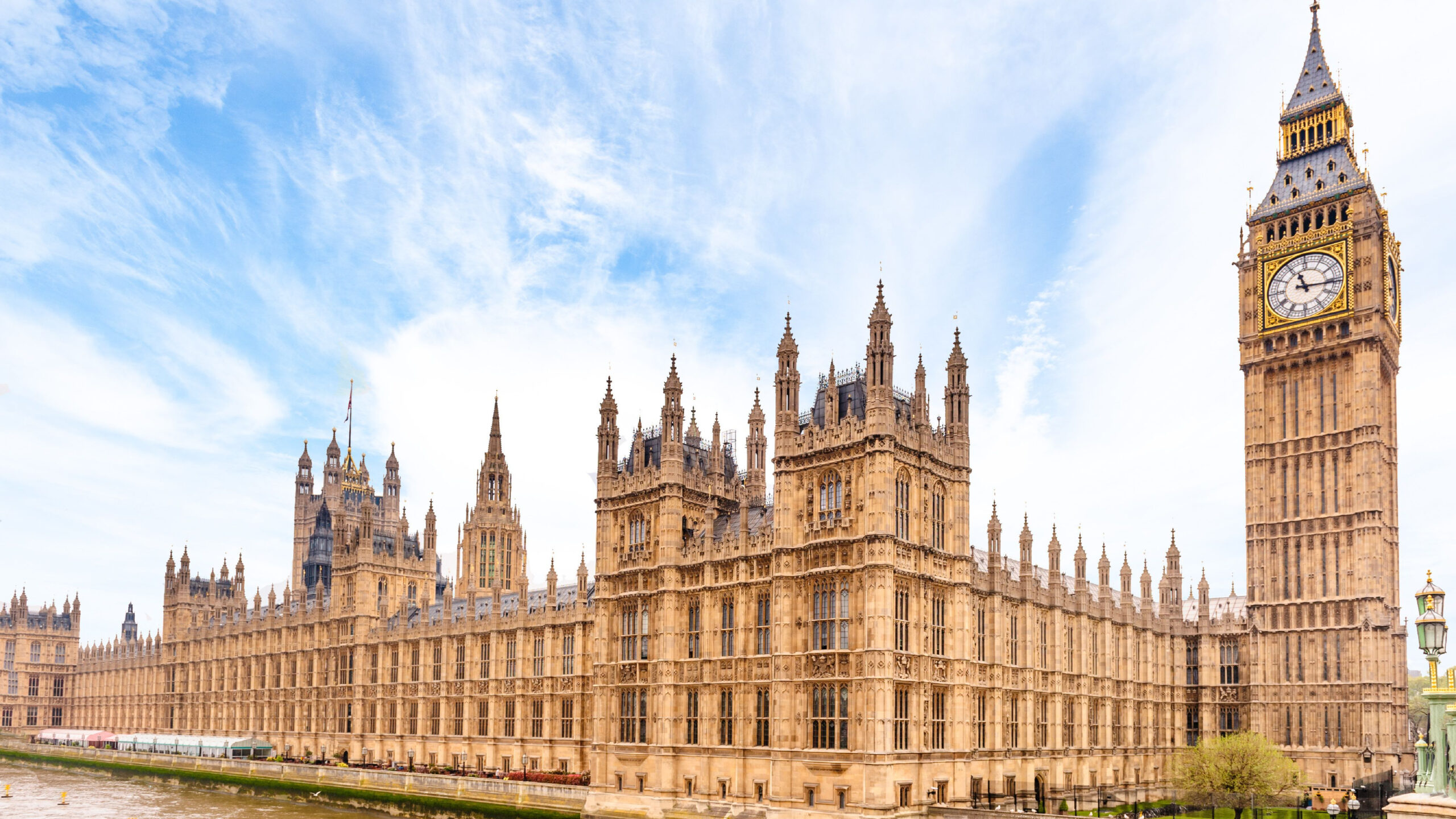The good, the bad (and the sometimes ugly) amendments to the Digital Markets Act: Part 3

The EU is in a crucial moment in determining the direction of the Digital Markets Act (DMA), the legislation that could radically transform how Europeans experience the services of the likes of Google, Amazon, Apple and Facebook.
A number of committees in the European Parliament have been looking at the draft proposal, and marking it up. The lead European Parliament committee Internal Market and Consumer Protection (IMCO) published its amendments, while the associated committees, Economic and Monetary Affairs (ECON) and Industry, Research and Energy (ITRE), contributed theirs in opinions.
The committees for Culture and Education (CULT) and Transport and Tourism (TRAN) are also involved. Though they are not associated committees, they’ve also drafted opinions and have proposed amendments that are sometimes good, sometimes bad, and sometimes ugly. How do they help or harm the objective of making the DMA fit for the digital age? Let’s see.
Cultural Affairs Committee
The Good
Several proposed amendments would introduce adjustment mechanisms and safeguards, to allow the Commission to modify DMA obligations where they would impact other important public policy considerations (Amendment 102), like consumer protection, the integrity of hardware and software (Amendment 171), and future innovations (Amendment 107). The Commission has promised that “the DMA will never prevent any innovative technological company to develop and introduce new services to its users”, and these amendments would help ensure that important objective.
The Bad
Amendment 18 would free Member States from the DMA’s obligation not to impose conflicting rules on digital platforms. But preventing fragmentation due to national rules is the ostensible justification for the DMA, and why it relies on TFEU Article 114 as its legal basis. As lawyers versed in this have already pointed out, if the DMA does not prevent fragmentation, it will be susceptible to legal challenge that could nullify the whole proposal.
The Ugly
Amendment 148 would impose DMA obligations not only on core platform services, but on virtually all services that designated gatekeepers provide. There’s already a startling lack of analysis of the impact of the DMA’s obligations, but do legislators really want to be responsible for the unknown consequences of imposing the onerous DMA obligations on all future innovations that technology companies would want to bring to the market? It’s well understood that the conduct prohibited by the DMA creates value for consumers and businesses. So one has to wonder how much value could be destroyed in Europe’s digital economy if these rules were expanded across all digital services.
Transport Committee
The Good
Article 10 of the proposed DMA is a pandora’s box, it allows the Commission to unilaterally impose new industry-wide “fairness” obligations via delegated acts. These delegated acts aren’t subject to democratic accountability, nor is there any requirement on the Commission to do any impact assessment of their consequences. Such a broad power threatens to subsume competition enforcement against platform businesses and eliminate rights of defense and other procedural guarantees that would be otherwise afforded. It’s a sea-change to government enforcement, and other industries are also rightfully concerned. That’s a recipe for unintended consequences and regulatory overreach. Amendment 20 would avoid that can of worms, though perhaps the wholesale deletion of Article 10 goes a bit far.
The Bad
Amendments 168 and 169 would increase the fines for non-compliance from 10% to 20%. This increase in fines and shortening of deadlines reflects some degree of political gamesmanship to see who can be the “toughest” on “big tech”. The same can be seen in amendments proposed by other committees as well. But turning the DMA into a punishment tool, rather than a workable regulation in the long term, won’t help make Europe fit for the digital age
The Ugly
Amendment 151 would introduce a broad new right for end users:
The end-user’s rights or choices laid down in Articles 5 and 6 must be presented in a neutral manner and must not be undermined through product design or by impairing user autonomy, decision-making, or choice via the structure, function or manner of operation of a user interface or a part thereof.
It’s not really clear what this means, and would put the Commission in charge of making very narrow decisions on product designs and user interfaces. It’s sure to be a sinkhole for litigation, lawyers, and lobbyists to argue over endlessly, and creates questions that probably wouldn’t be answered for a long time to come. Not quite the quick and effective regulation of the digital economy that legislators are looking for.








